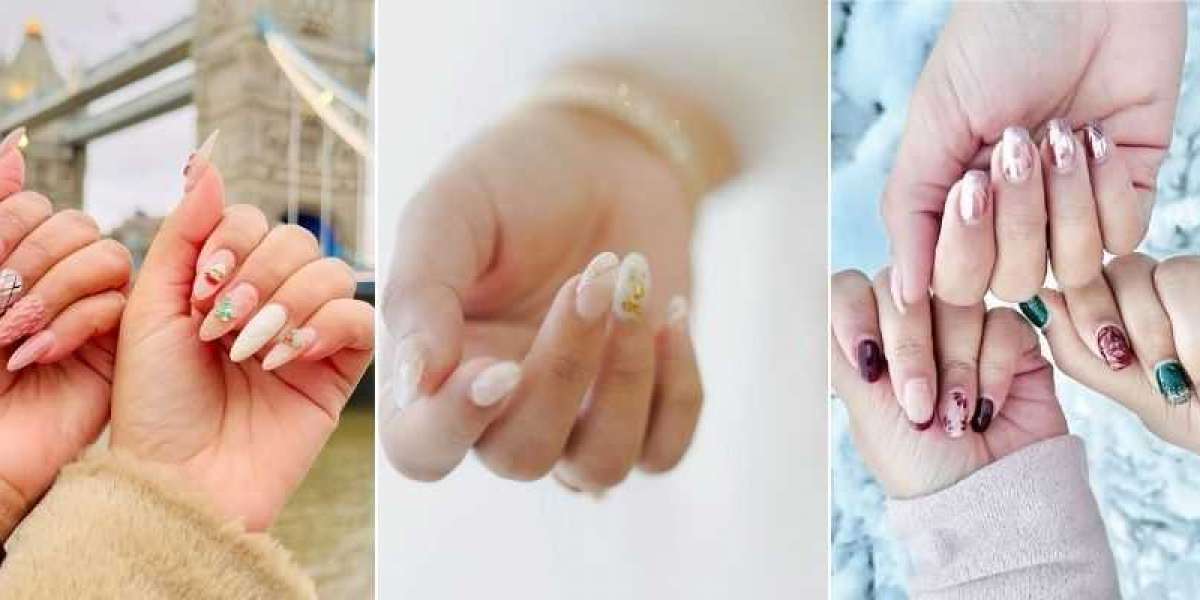The nail salon industry is booming, with nail studio franchises popping up across cities worldwide. While this may seem like an exciting opportunity for entrepreneurs and beauty enthusiasts, there’s an ugly truth hidden beneath the glossy surface of this billion-dollar industry—poor hygiene standards. Many nail salons operate under unsanitary conditions, exposing customers to infections, fungal diseases, and other health hazards.
If you’re looking to invest in a nail salon franchise, choosing a brand that prioritizes hygiene is crucial. In this article, we’ll explore the hidden dangers of unhygienic nail salons, red flags to watch out for, and how to select a nail studio franchise that upholds the highest standards of cleanliness and customer safety.
The Dark Side of the Nail Salon Industry
1. The Hidden Dangers Lurking in Nail Salons
Most customers walk into a nail salon expecting a pampering session, but what they don’t realize is that an unsanitary nail salon can become a breeding ground for bacteria and infections. Some of the most common health risks associated with poor hygiene in nail salons include:
- Fungal Infections: Unclean nail tools and footbaths can transfer fungi from one client to another, leading to nail discoloration, brittleness, and painful infections.
- Bacterial Infections: Cuts or abrasions from improper manicure or pedicure techniques can allow bacteria to enter the skin, resulting in swelling, pus formation, and severe infections.
- Viral Infections: Conditions like warts and herpes can spread through contaminated tools and surfaces.
- Chemical Exposure: Poor ventilation in nail salons can lead to exposure to toxic chemicals, causing respiratory problems and skin irritations.
2. Why Many Nail Salons Ignore Hygiene Standards
Despite the known risks, many nail salons fail to maintain proper hygiene due to several reasons:
- Cost-cutting Measures: Some salons reuse tools without sterilizing them to save time and money.
- Lack of Proper Training: Many nail technicians are not trained in hygiene protocols and proper sanitation methods.
- High Client Turnover: Busy salons prioritize speed over cleanliness to maximize profits.
- Inadequate Regulations: In some regions, hygiene regulations for nail salons are either too lenient or poorly enforced, allowing businesses to operate without accountability.
How to Choose a Nail Salon Franchise That Puts Hygiene First
1. Research the Franchise’s Hygiene Policies
Before investing in a nail salon franchise, research the brand’s hygiene policies. A reputable nail studio franchise should have:
- Strict sterilization procedures for tools and equipment.
- Disposable or properly sanitized tools for each client.
- Well-maintained, clean footbaths with fresh water for each use.
- Policies ensuring all nail technicians wear gloves and masks when necessary.
2. Visit an Existing Franchise Location
A visit to an operational nail salon franchise can give you first-hand insight into its cleanliness standards. Pay attention to:
- The overall cleanliness of the salon and workstations.
- Whether technicians disinfect tools between clients.
- Proper labeling and storage of chemical products.
- Whether disposable items like files and buffers are discarded after each use.
3. Inquire About Technician Training and Certification
A good nail studio franchise should provide thorough hygiene training for its technicians. Ask about:
- Their sanitization and disinfection training.
- Their knowledge of nail and skin diseases.
- Whether they follow proper handwashing and glove-wearing protocols.
4. Check Online Reviews and Customer Feedback
Reviews from real customers can reveal how well a nail salon franchise maintains hygiene. Look for:
- Complaints about infections or unsanitary conditions.
- Positive feedback on the cleanliness of the salon.
- Any mentions of technicians following safety and hygiene protocols.
5. Ask About Their Hygiene Certifications
Many top-tier nail salon franchises obtain hygiene certifications from regulatory bodies. These certifications ensure that the salon follows industry best practices. Some of the hygiene measures they should adhere to include:
- Using an autoclave for tool sterilization.
- Disinfecting all workstations after each client.
- Having proper ventilation to reduce chemical exposure.
FAQ Section
1. How often should nail salons sterilize their tools?
Nail salons should sterilize their tools after every single client using medical-grade disinfectants or autoclaves.
2. Are disposable tools safer than reusable ones?
Yes, disposable tools like nail files and buffers reduce the risk of cross-contamination and infections.
3. What should I look for when choosing a nail salon franchise?
Look for a franchise with strict hygiene policies, well-trained technicians, good customer reviews, and necessary certifications.
4. How can I tell if a salon is not hygienic?
Red flags include dirty workstations, technicians reusing tools without sanitization, strong chemical odors due to poor ventilation, and visible infections on other clients.
5. Why do some nail salons ignore hygiene standards?
Many nail salons prioritize profit over safety, lack proper training, or operate in regions with weak hygiene regulations.
Conclusion
While the nail salon franchise industry offers lucrative opportunities, hygiene should never be compromised. Investing in a nail studio franchise that prioritizes cleanliness will not only ensure customer safety but also build a strong reputation for your business. By researching hygiene policies, visiting franchise locations, checking technician training, and reviewing customer feedback, you can make an informed decision and choose a nail salon franchise that puts hygiene first.
If you’re looking for a nail salon franchise that maintains the highest standards of cleanliness, consider partnering with a reputable brand like Finger Tips Nail Spa—where hygiene meets excellence!








